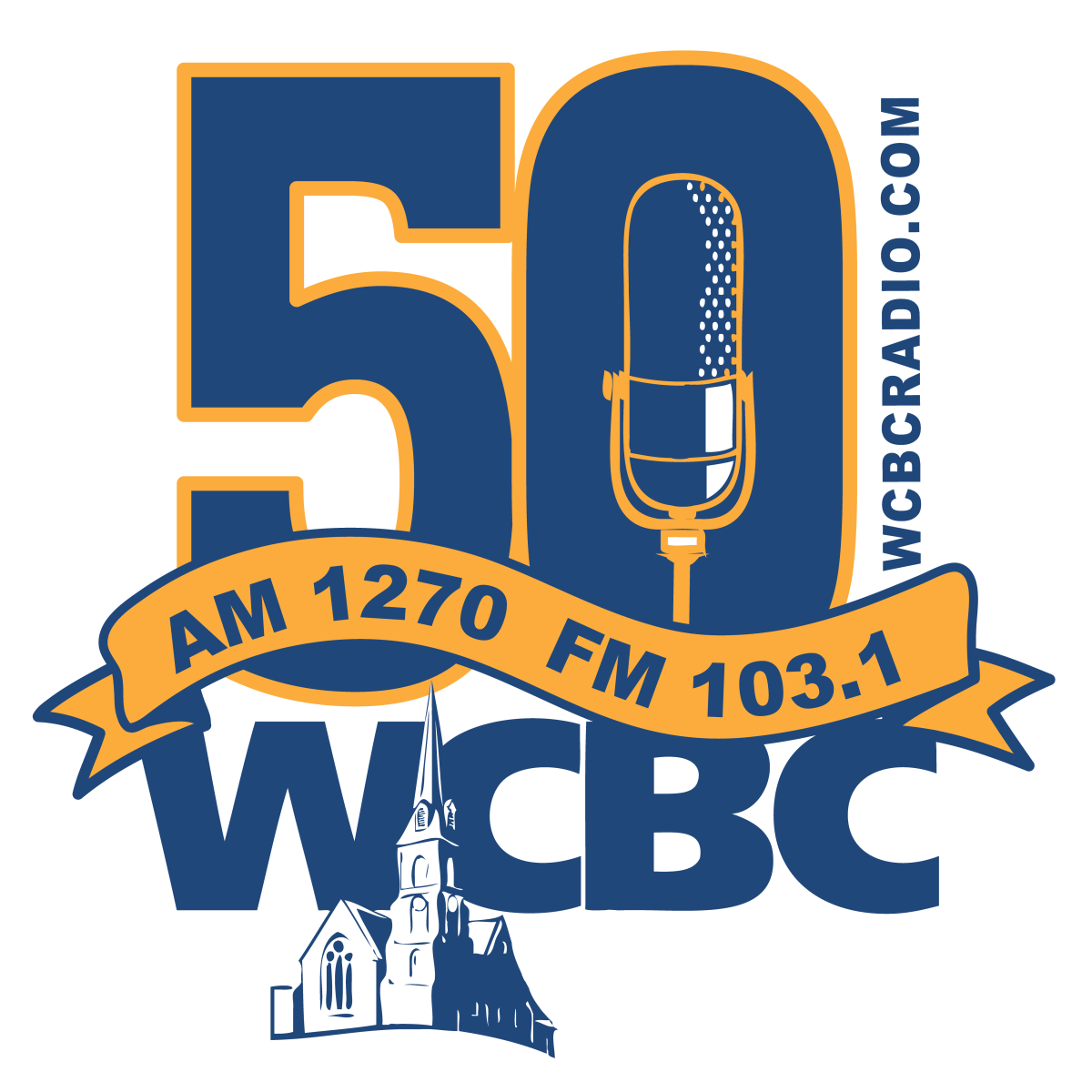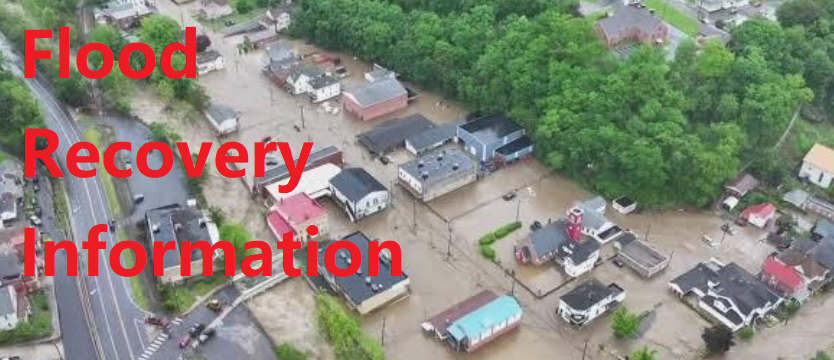November 17th, 2023 by WCBC Radio
State Treasurer Riley Moore, who serves as Chairman of the Hope Scholarship Board, today applauded an opinion from Attorney General Patrick Morrisey’s Office that will help clarify and protect the educational choice rights of parents and students seeking eligibility for the Hope Scholarship Program.
“This legal opinion makes clear that public school systems cannot enact arbitrary policies which hinder a student’s ability to become eligible for the Hope Scholarship program,” Treasurer Moore said. “I appreciate the Attorney General’s Office’s clear guidance in support of the educational rights for all students in West Virginia.”
Currently, state law provides certain eligibility requirements for the Hope Scholarship Program. This includes limiting the program to new students entering kindergarten or children already in school who have attended public school for at least 45 consecutive calendar days within the prior or current academic year, among other eligibility criteria.
In order for students not initially eligible for the Hope Scholarship Program to become eligible using the so-called “45-day rule,” some families engage in a practice called “dual enrollment,” meaning the student attends public school full-time, while using their own money to pay for private education attended outside of public school hours.
For example, some students complete a virtual public school program in the evening, while also attending an in-person private school program during the day.
Following the 45 days of attendance and once the student’s Hope Scholarship application is approved, the student may utilize the Hope Scholarship exemption to withdraw from compulsory public school attendance and use his or her Hope Scholarship account to pay for qualifying nonpublic education expenses.
Recently, the Treasurer’s Office received reports from some parents claiming certain public school systems were working to restrict this dual-enrollment practice.
One instance claimed a public school was trying to tell students that they could not enroll in both public school and private school at the same time. Another parent reported that a public school threatened to mark dual enrollment students as truant, even if students are meeting the public school’s attendance requirements.
The Office also heard that some county boards of education plan to adopt policies prohibiting the practice of dual enrollment for the purpose of meeting the 45-day rule in the Hope Scholarship Act.
While the Treasurer’s Office has spoken against policies prohibiting dual enrollment to education officials, the Office has no authority over counties or public schools under the law. This prompted Treasurer Moore to seek additional guidance from the Attorney General.
“The West Virginia Legislature made crystal clear when they passed the broadest school-choice program in the country that they wanted to encourage educational freedom in our state, and the Hope Scholarship Act has since been upheld by our state Supreme Court,” Treasurer Moore said.




.jpg)













